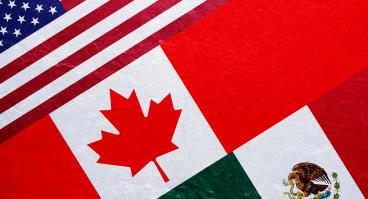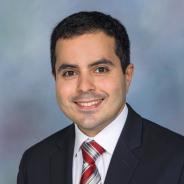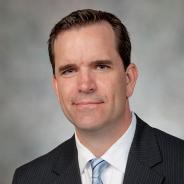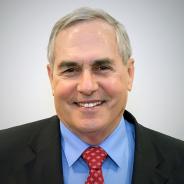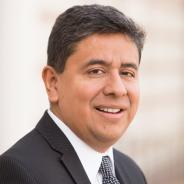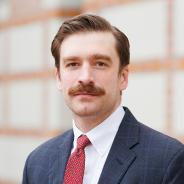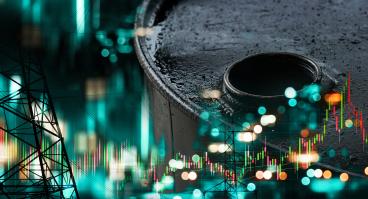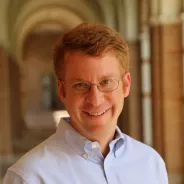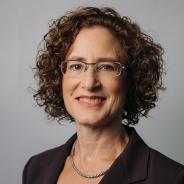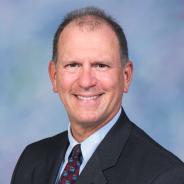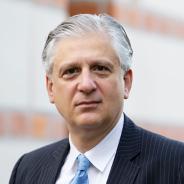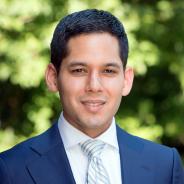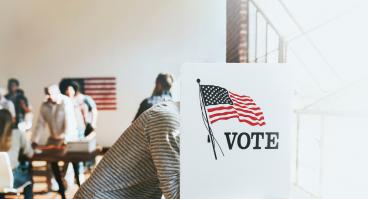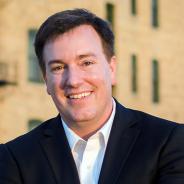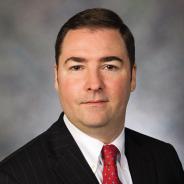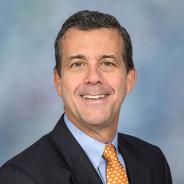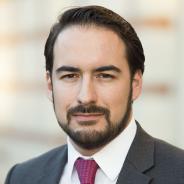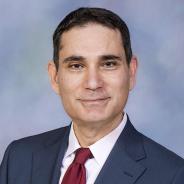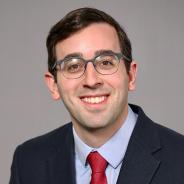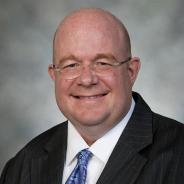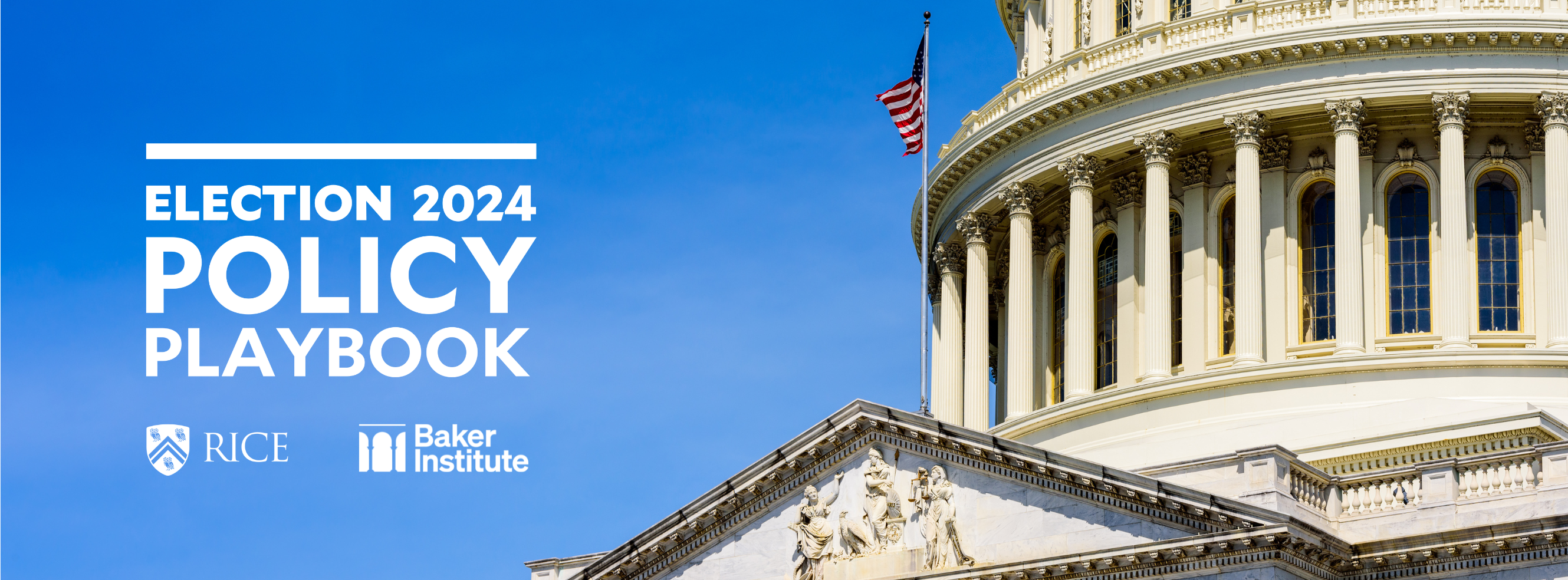
About
“Election 2024: Policy Playbook” delivers nonpartisan, expert insights into key issues at stake on the 2024 campaign trail and beyond. Presented by Rice University and the Baker Institute for Public Policy, the series offers critical context, analysis, and recommendations to inform policymaking in the United States and Texas. Check this page regularly for new briefs in the series.
Learn more about the Baker Institute and research at Rice.
Stay Connected
Subscribe for Insights in Your Inbox
Sign up to receive a rundown of our latest election-year content. Delivered biweekly.
Schedule an Interview or Briefing
Our experts are available to share commentary and policy analysis with media and government personnel.
Policy Briefs
Economy & Jobs
Despite signals of a strong economy in 2024, including low unemployment and record stock market highs, inflation and the high costs of housing and health care have made affordability a key issue ahead of Nov. 5. For many voters, the economy is the singular election issue.
In the years and decades to come, federal policymakers will need to cross aisles to address not only the rising cost of living and crisis in consumer confidence, but longer-term economic concerns as well. These include the scheduled expiration of the Trump-era tax cuts in the Tax Cuts and Jobs Act (TCJA), particularly in relation to the enormous — and growing — federal deficit, a shrinking labor force, and commitments to entitlement programs like Medicare and Social Security.
Contributing Experts
John W. Diamond
Science, Tech & Innovation
Innovations in science and technology have the potential to change lives for the better. But they also often pose major ethical challenges for policymakers, researchers, industries, and the American public. The most profound challenge may be that presented by artificial intelligence (AI) systems. Policymakers must grapple with the risks and consequences of misinformation — particularly that spread deliberately by foreign and domestic actors — as well as the implications for the U.S. labor force.
Contributing Experts
David Alexander
Energy & Sustainability
Climate change poses increasing threats worldwide, necessitating deep changes in our infrastructures and communities. As the U.S. transitions to a clean energy system, American policymakers must fully consider environmental, social, and economic sustainability while weighing the risks and benefits of policies aimed at achieving the country’s energy and climate goals.
Government leaders must also consider the energy security of the U.S. and its allies, particularly amid Russia’s ongoing invasion of Ukraine and tensions in the Middle East and Indo-Pacific. This includes the United States’ role as the world’s largest producer of oil and natural gas and its ability to secure supply chains for critical minerals and other vital commodities.
Contributing Experts
Strong & Resilient Communities
Communities must increasingly understand how to anticipate and respond to shocks and ongoing stresses, including those posed by climate change and severe weather, aging infrastructures, and threats to public and community health.
In coastal U.S. cities like Houston, rising sea levels, flooding, and tropical storms and hurricanes will strain existing infrastructures and necessitate substantial investments in adaptation, mitigation, and recovery. At the same time, brutal heat and drought are contributing to stark water shortages across the country. Climate change is also driving a rise in mosquito-transmitted viruses, highlighting the need for disease surveillance and pandemic preparedness.
Contributing Experts
Constance Elise Porter
Health & Education
Health policy challenges will continue to confront policymakers at all levels of government in 2025. Health care affordability and access — in particular, access to maternal and women's health services — remain critical issues for most Americans. Meanwhile, lawmakers must grapple with public health risks, such as the opioid and drug overdose epidemics and gun violence.
Legislatures across the country will need to carefully consider the role of government in health care and public health as well as education, whose landscape will be similarly contentious in 2025. Some states, including Texas, will debate the implementation of school voucher programs, which allow families to use public funds to pay for private school tuition. At the same time, there is a growing discourse in many states over the role of religion, particularly Christianity, in public education.
Contributing Experts
Constance Elise Porter
Elections & Governance
The integrity of elections is foundational for U.S. governance. Public distrust in the country’s electoral system is widespread, with serious implications for voter participation and our democratic processes. As such, election administration must be a national priority. Other issues in governance include the role of religion in public policy, with debates surrounding the influence of Christianity in particular. The way religious voters engage in topics including education, LGBTQ+ rights, and reproductive health care may shape electoral outcomes and priorities for governments at all levels.
Contributing Experts
Michael O. Emerson
Borders & Immigration
Borders are at the center of longstanding debates in the U.S. over immigration, trade, security, and obligations to asylum seekers. At our southern border, U.S.-Mexico cooperation is critical for relieving pressures on an increasingly outdated immigration system, as well as for combating organized crime. Despite the challenges the U.S. immigration system poses for communities and migrants, immigration also presents vital economic opportunities, particularly in light of the aging U.S. workforce.
The upcoming review of the United States-Mexico-Canada Agreement (USMCA) in 2026 will also demand that the U.S. and its neighbors cooperate on trade policies, labor standards, and environmental commitments to preserve and expand North American competitiveness.
Contributing Experts
Kelsey Norman
Tony Payan
Security & Diplomacy
The global security landscape is rapidly evolving. The next U.S. president will contend not only with existing major conflicts in Ukraine and Gaza, but with the rising economic and military influence of China, disinformation campaigns by Russia and other foreign entities, and cyber threats to America’s critical infrastructure. Diplomatic engagement with adversaries, allies, and partners alike will be critical in navigating these challenges and in balancing domestic interests with a commitment to U.S. global leadership.
Contributing Experts
David Alexander
Kelsey Norman
Tony Payan
Texas Issues
The 89th Texas Legislature will take on a diverse set of challenges encompassing, notably, infrastructure resilience and education funding. Following sustained power outages during Winter Storm Uri in 2021 and, more recently, Hurricane Beryl in summer 2024, policymakers are tasked with addressing concerns about the reliability and stability of the Texas electric grid. Meanwhile, state lawmakers are poised to adopt a school choice program that would enable families to use taxpayer dollars to offset the cost of tuition at religious and private schools, raising questions on both sides of the aisle about fiscal responsibility and the commitment to public education.





